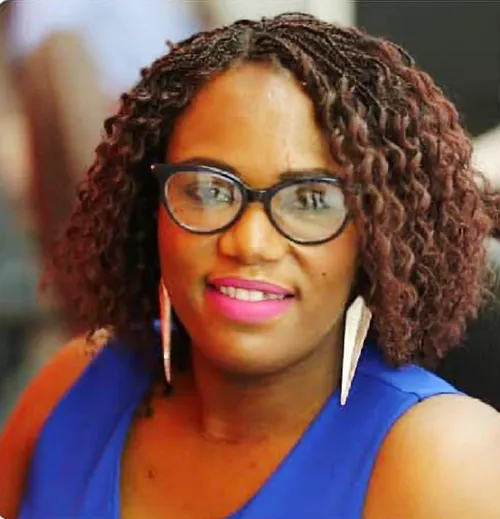A well-known Zimbabwean journalist was arrested on Wednesday over a satirical piece that criticised President Emmerson Mnangagwa, sparking fresh outrage from media rights groups who described the charge as yet another blow to freedom of expression.
Faith Zaba, editor of the Zimbabwe Independent, is the latest in a string of journalists to face court charges for allegedly undermining the authority of the 82-year-old president. Her detention has added to growing concerns about the shrinking space for critical voices in the country.
Prosecutors said Zaba, 55, published the article titled “When you become mafia state” under the muckraker column of the weekly tabloid.
“The contents of the article are false in material and designed to engender feelings of hostility by the citizens of Zimbabwe towards the president,” said prosecutor Takudzwa Jambawu.
A magistrate’s court in the capital Harare ordered Zaba detained until Thursday, when it will rule on bail.
Read also: 3 Journalists Killed In Israeli Airstrike On Gaza
Her lawyer Chris Mhike said it was disappointing she was spending a second night in jail despite having an illness.
Rights campaigners and media groups have said Zimbabwe, a multi-party democracy, has in recent years stepped up a crackdown on civil society and weaponised the law to silence government critics.
A journalist who interviewed a critic of Mnangagwa calling for his resignation was arrested in February and held in jail for more than 70 days on accusation the broadcast incited violence.
The Zimbabwe Union of Journalists said it was “deeply disturbed by the criminalisation of journalism” and called for Zaba’s immediate release.
“Satirical commentary, whether critical or humorous, is protected speech and should not be criminalised,” it said in a statement.
The Media Alliance of Zimbabwe also echoed the calls, saying the arrest reflected how press freedom was “becoming more and more disrespected”.
Amnesty International stated that the arrest formed part of a broader pattern in which Zimbabwean authorities were using the justice system to suppress press freedom.
Khanyo Farise, a southern Africa researcher with the organisation, said in a statement that journalism should never be treated as a crime and emphasised that authorities needed to ensure journalists could carry out their work freely and safely without facing harassment, intimidation, or reprisals.
Reporters Without Borders had also noted that Zimbabwe was ranked 106th out of 180 countries on its global press freedom index, reflecting ongoing challenges faced by journalists operating in the country.
